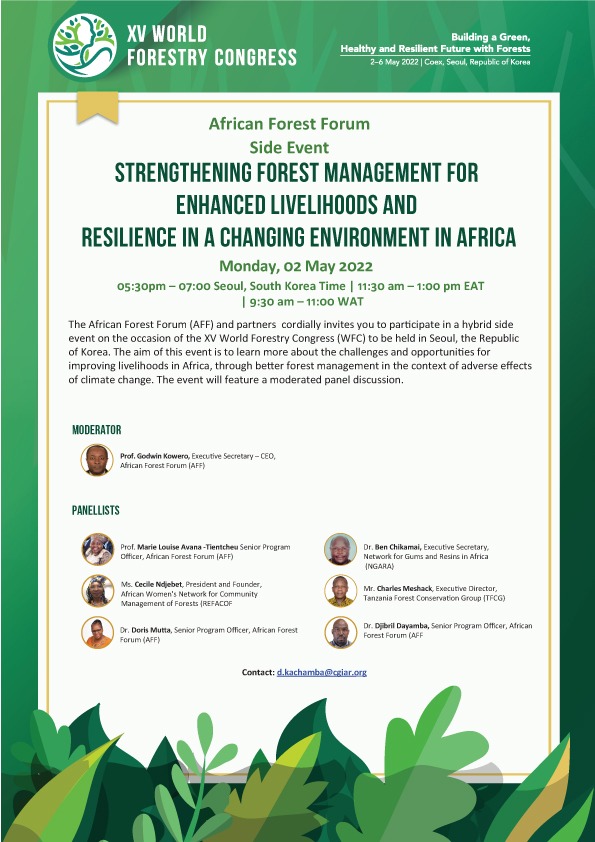
Emerging technologies in the areas of genomics, artificial intelligence, automaton, and block chains are driving new forms of extraction and re-ordering African society, economics and ecosystems with similar disruptive shocks to previous colonization waves.
Due to the weak or no regulatory systems in African countries, corporations now see and use Africa as a petri dish for technological adventurism while making her the dumping ground for unwanted technological mistakes.
The African continent has become a vital destination, testing and, dumping ground, for new technologies. Sectors such as agriculture, health, to finance and energy are being upturned by a wave of automation, artificial intelligence, biotechnology, big data, synthetic biology and geoengineering.
While these technologies are often presented uncritically as being beneficial to Africa’s development, they have the potential to disrupt and threaten ecosystems and the communities that depend on them.
Health of Mother Earth Foundation (HOMEF) held her first Conversation in 2022 in collaboration with Africa Technology Assessment Platform (AfriTAP) via zoom to discuss the implications of unregulated entry of emerging technologies in Africa. This meeting exposed that these technologies are new ways of colonizing the world especially Africa.
The Conversation was held with Mamadou GOÏTA, a development socio-economist and specialist in education and training systems. He is the Executive Director of the Institute for Research and Promotion of Alternatives in Development (IRPAD) based in Bamako, Mali.
Dr Goita noted, “We are not anti-technologies, rather we are for technologies that do not jeopardize our interests as individuals or continent. We are firmly convinced that technologies are introduced as ways to improve people’s lives. Since they impact our lives, we should not be forced into accepting them without adequate assessment. We should be concerned with technologies such as gene editing because we are becoming dumping grounds for such experimentations.”
As an organization that is concerned about the health of the earth, we have noted negative changes in our culture and traditions due to the intrusion of rapidly deployed technologies. Some of these threaten to upturn our livelihoods and human rights across the continent with great impacts on agriculture, health and climate.
Mamadou Goita emphasised that it is time for us as Africans to unite and reject what is pushed to us and also critically assess what comes in to us. “We cannot sit and digest all that we get without examining the implication for our health, our environment, and our future. African governments should come together to say no to unproven technologies, otherwise we would be lost in the new technologies.
“Nigeria and other countries that are on the path of rapidly admitting genetic engineering should retrace their steps and ask questions from countries such as Burkina Faso who have tried it and have rejected them. GMOs should not be part of our food system because it would negatively affect our health and biodiversity”.
Technologies such as gene drives can easily exterminate valuable species. Others such as geo-engineering pose unique threats to Africa as the continent will play second fiddle in the technological geo-politics and will end up being exposed to worse climate change impacts.
HOMEF agrees that science is not neutral, and it is dangerous for policy makers to claim to have certainty of safety technological products developed outside the continent and presented as though they were developed here. AfriTAP insists that new technologies require careful assessment and interrogation, by Africans themselves.
The Africa Technology Assessment Platform (AfriTAP) brings together African civil society groups, social movements, independent scientists, lawyers and media professionals working together to assess the implications of new emerging technologies on the continent. AfriTAP aims to enable Africans to choose their future pathway and assert control over new technologies and the continent’s technological advancement.











